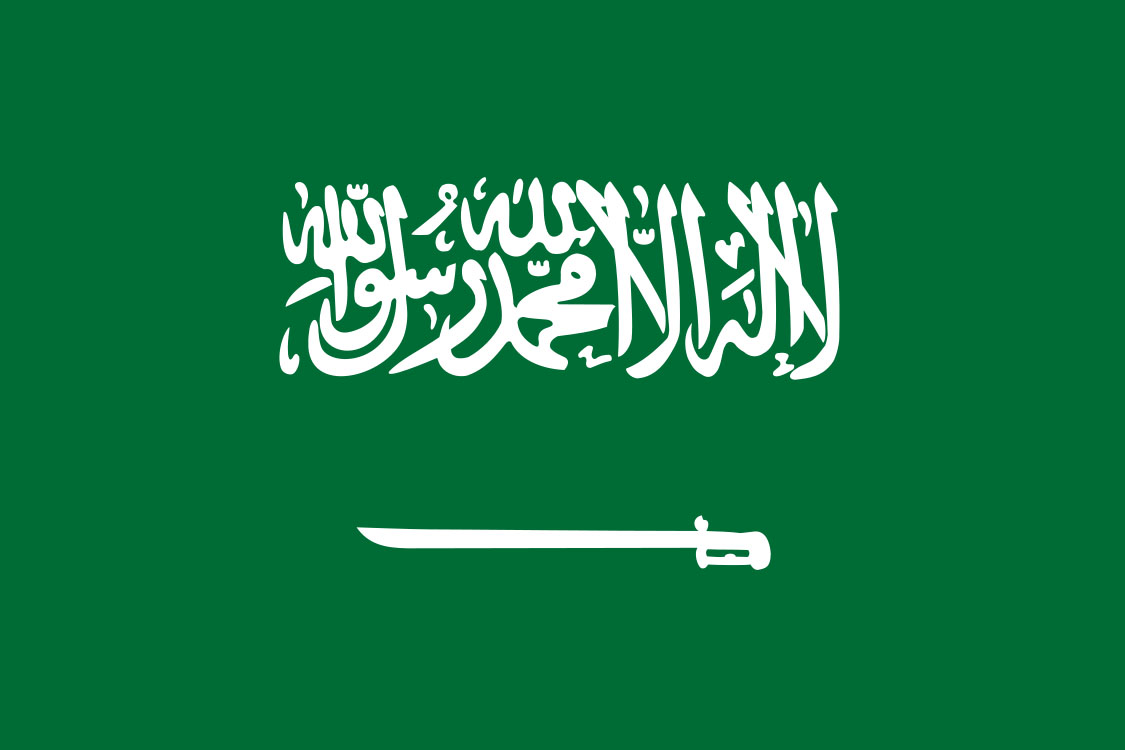Uzodinma Ukagwu | Sports Editor
Mahdis Habibinia | Executive Editor (Online)
Featured Image: We miss our Saudi friends, but someone must unequivocally stand up for human rights in the absence of U.S. leadership. | Courtesy of Wikimedia Commons
The tweet early last month by Chrystia Freeland, Canada’s Foreign Affairs Minister, urging Saudi Arabia to release Samar Badawi, sister of jailed dissident Raif Badawi, set off a diplomatic row that had far-reaching effects.
Saudi Arabia took a number of measures against Canada including: expelling the Canadian ambassador; suspending new trade; selling off its Canadian assets; transferring Saudi medical patients out of Canadian hospitals; and top it off, cancelling scholarships for Saudi students in Canada and ordering them back home.
Canadian universities scrambled for weeks post-scholarship-cancellation. The Kingdom terminated all scholarship funding by the end of August, according to the Saudi Arabian Cultural Bureau, forcing some students to leave Canada by August 31 while some have until September 22.
Around 8,310 Saudi students were enrolled in Canadian colleges and universities of which 4,500 attended Ontario post-secondary schools. At the time of the announcement, York University had 115 Saudi students enrolled.
The cancelling of scholarships by the Saudi government was felt by all universities across Canada. We will miss our Saudi friends at York, but there’s something bigger to be found under the microscope.
Now with Saudi Arabia at the forefront of political discourse, it’s important to mention that the country has consistently been flagged as one of the worst violators of human rights by groups like ‘Human Rights Watch’ and ‘Amnesty International.’
It was taken for granted that political leaders in the U.S. would always take the lead in remedying human rights violations, and advocating for democracy and other Western values. This has clearly changed under Trump’s leadership.
Canada has always craved a larger role on the world stage and as a result has pursued peacekeeping missions around the world and taken a leadership role on both the refugee file, and climate change policy. The role of international human rights defender and advocacy is now, however, vacant. This is one more role that Canada is well-positioned to occupy.
If we as a nation are to occupy this role, then we must be prepared for more diplomatic spats, some of which have already reared their angry heads quite clearly—a statement from the Saudi Foreign Ministry following a tweet issued by Global Affairs Canada plainly stated: “Any other attempt to interfere with our internal affairs from Canada, means that we are allowed to interfere in Canada’s internal affairs.”
These autocratic kingdoms will not sit passively by and let Canada challenge them. They will fight with every weapon in their arsenal to keep the status quo, just like Saudi Arabia has done and forewarned they will do again.
Governments with authoritarian tendencies are enjoying the diplomatic silence on America’s part. Why? Because the files of human rights and democracy are potentially being given a chance to collect dust.
Thus, the price of being the lone boy scout of the international community, incapable of keeping mute when atrocities and injustices are being committed, will be at the loss of lucrative business opportunities that these offending nations provide. It is no wonder that there is near radio silence from other Western allies like Britain and France.
Canada must also put its house in order by addressing the still-persisting and pervasive questions of First Nations rights and standards of living, so that we can speak with moral authority and clarity on the issue of human rights on the world stage. Then, and only then, will we be able to avoid the charges of hypocrisy levied by offenders when we call them out.


